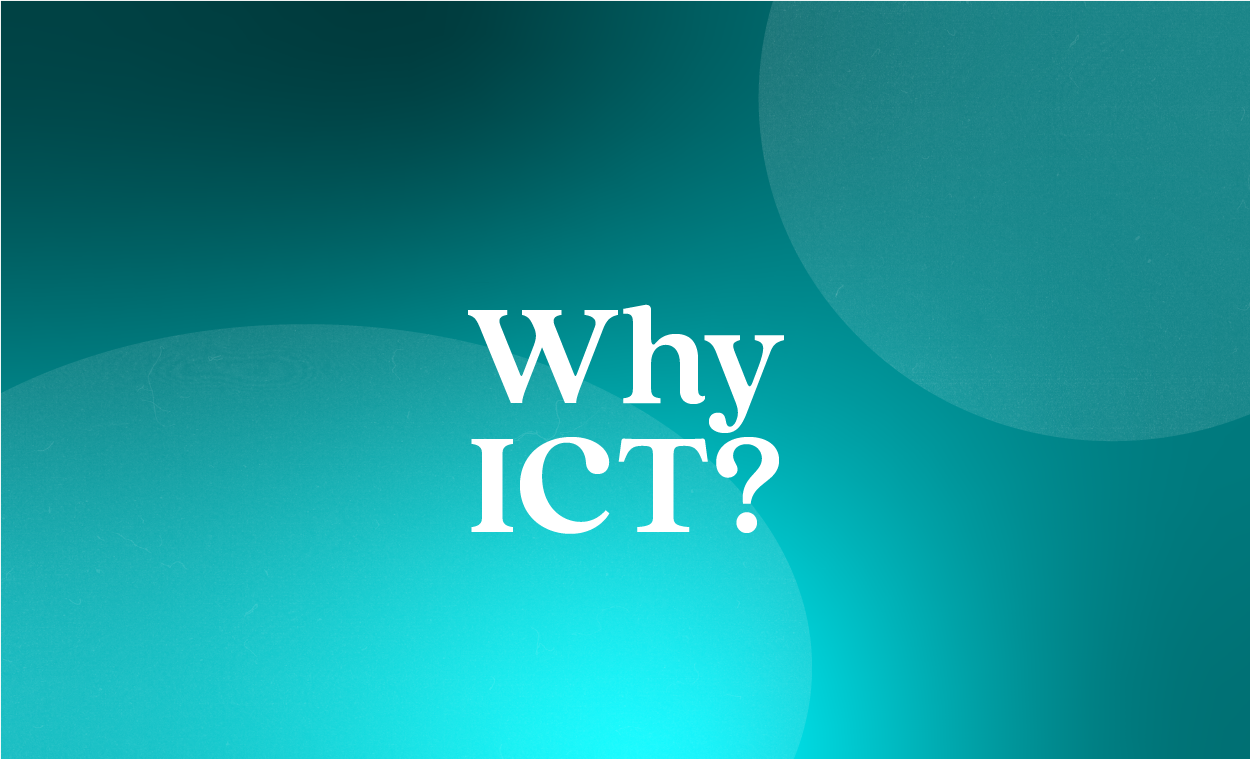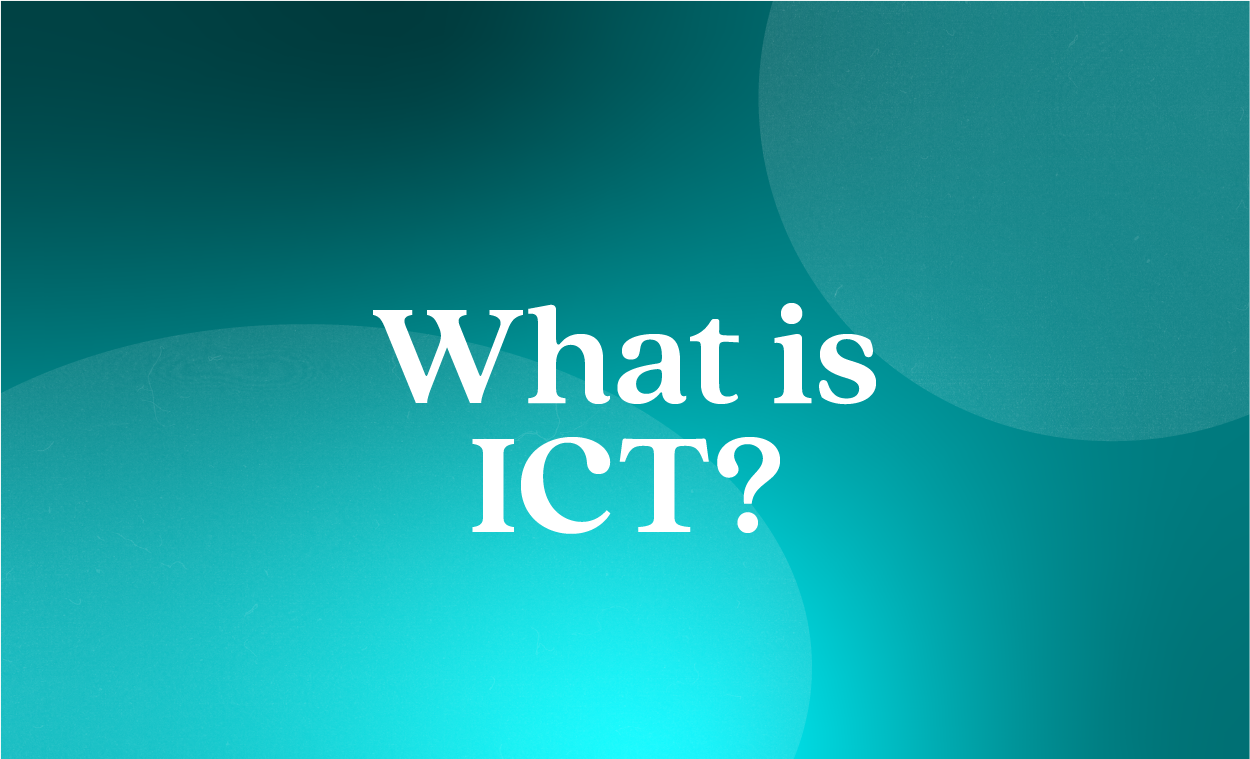ICT and Shared Vulnerability | Teaching Integrative Community Therapy in the U.S.

Shared Vulnerability and Collaborative Learning Communities:
Relational and Didactic Frameworks to Teach Integrative Community Therapy
Integrative Community Therapy (ICT) is a conversational methodology that embraces human suffering through community-based conversations. These open and public conversations invite participants to address their everyday life challenges, creating bonds of solidarity and care, and building a sense of community. ICT has been part of the Brazilian health system for decades. It is practiced in more than 30 countries around the world.
Developing ICT training programs in different countries and cultures, requires an adaptation to fit the particularities of the context. This article will address the history of Visible Hands Collaborative (VHC), an NGO based in Pittsburgh, and the challenges it faced in the process of introducing Integrative Community Therapy (ICT) training and practice to the US.
It will review the theory and methodology that informs ICT practice, along with the principles of Shared Vulnerability and Collaborative Learning Communities (CLC) as the relational and didactic frameworks used in the training of ICT facilitators. This training will serve as an example of the adaptation and implementation of an ICT training program to the local, cultural, and contextual needs of a community of practitioners in the area of Lehigh Valley, Pennsylvania, US. The authors will share their reflections and learnings regarding the building of a suitable and sustainable
ICT training and practice.




